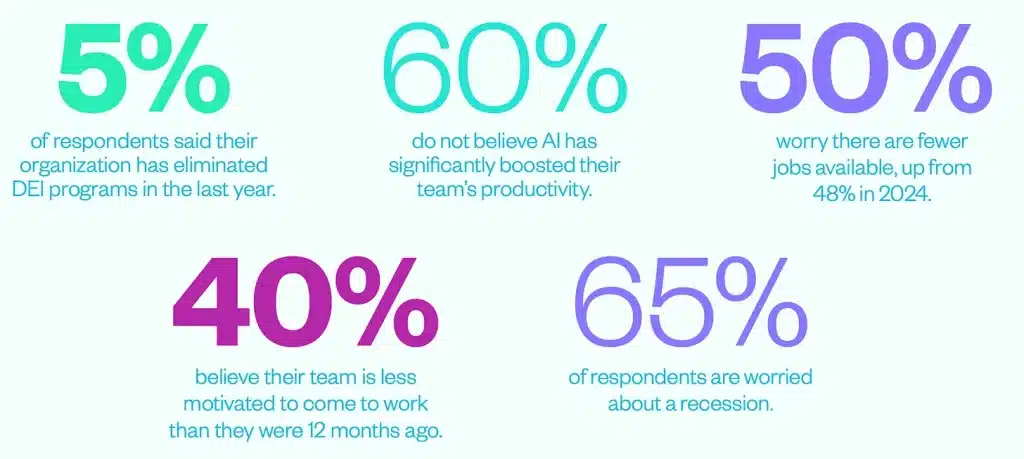No engineering productivity gains, and no jobs lost due to AI


While AI coding tools have become a daily routine for most engineering organizations – and 90% of leadership teams cite them as a top priority investment – their impact is still not clear.
A recent LeadDev Engineering Leadership study collected feedback from over 600 engineering leaders globally, and 60% of them reported no meaningful productivity improvements, and 54 % see no headcount reductions from AI use this year.
The tools most frequently adopted are AI coding assistants and productivity analytics platforms, which again confirms what some industry leaders have been saying lately – companies don’t need faster code typers; they need reshaped workflows. Early coding gains often expose systemic bottlenecks.
Interestingly, 51% of leaders believe AI will have a negative long-term impact on the industry. Top concerns include code maintainability (49%) and the impact on junior developers entering the field (54%).

Leadership Must Shift Too
The role of engineering leadership is evolving fast. With tight budgets and the rise of generative AI, priorities are shifting: leaders are reorganizing teams, navigating DEI and burnout concerns, and reevaluating what qualifies as performance and value. Communication, strategic clarity, and empathy now rank alongside technical expertise in leadership skill sets.
Also, burnout is on the rise, especially in shrinking teams asked to do more with less. Engineering managers’ positions have been hit hard in these changing times.


